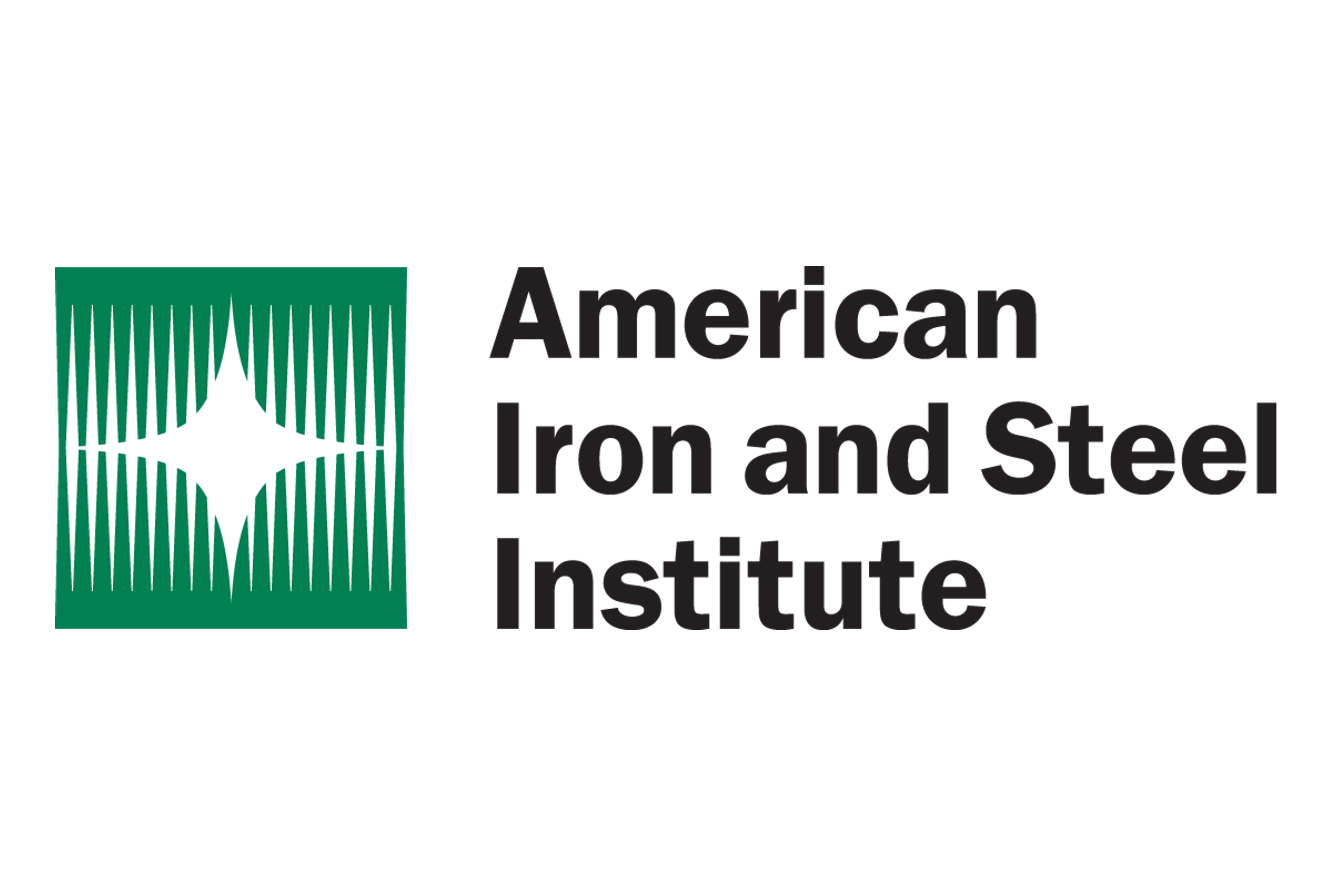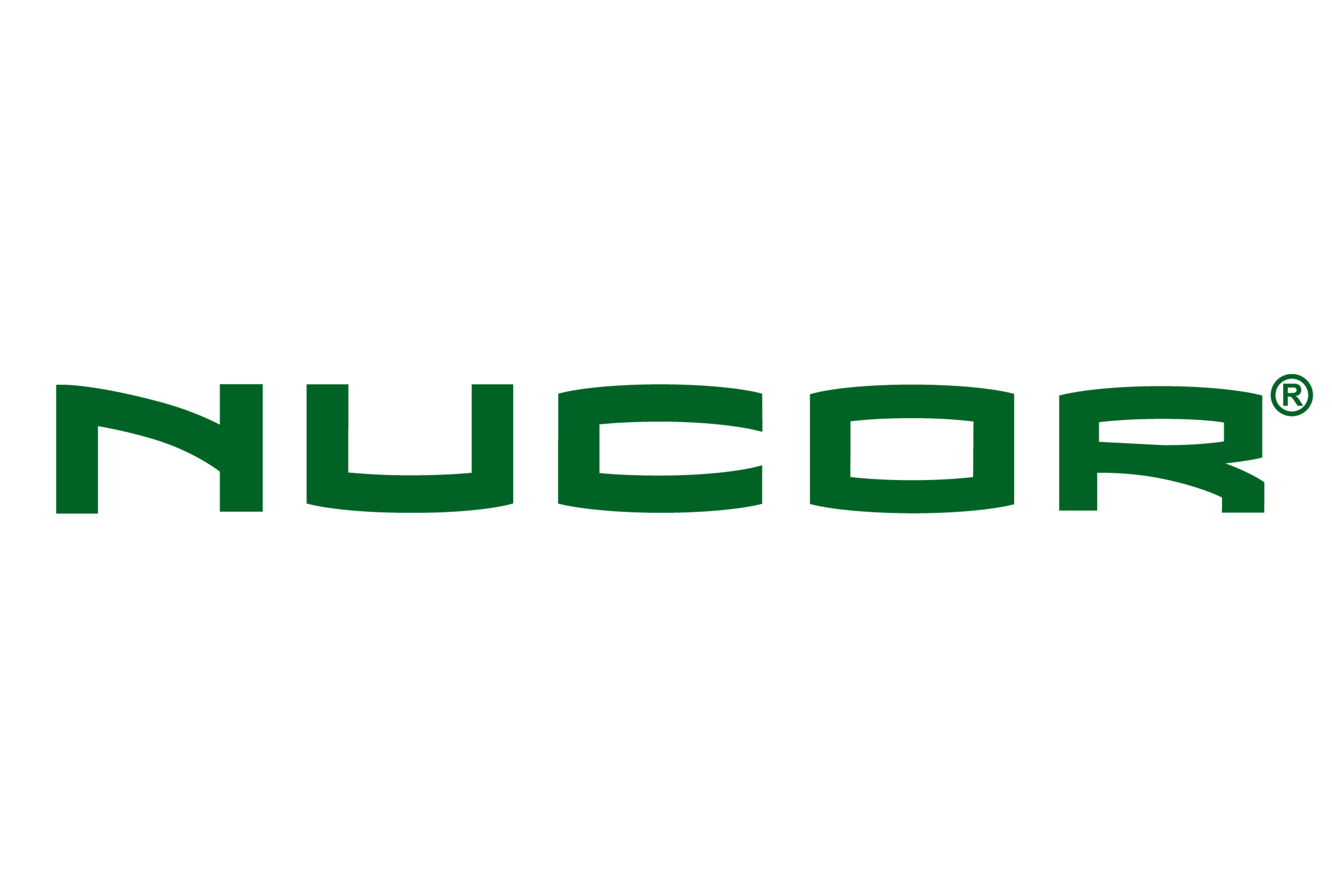Analysis

October 19, 2021
GM, Toyota, Ford, Honda Extend Supply-Chain Related Downtime
Written by David Schollaert
General Motors Co. will extend production downtime at its Orion Assembly through the end of the month, a company spokesperson confirmed to Steel Market Update.
The automaker’s Lake Orion, Mich., assembly plant, down since Aug. 23 due to the semiconductor scarcity, will extend its downtime to include the weeks of Oct. 18 and Oct. 25. The latest stoppage is due to battery pack shortages related to the recently announced Bolt EV/EUV safety recall.
![]()
Production of GM’s Chevy Equinox at Ramos Assembly in Coahuila, Mexico, will take an additional three weeks of downtime due to the global shortage of semiconductors. The outage will extend through the week of Nov. 15.
It wasn’t all bad news for the Detroit-headquartered automaker, as previously announced, the Ramos assembly plant resumed one shift of production of the Chevrolet Blazer on Monday, Oct. 18. The Blazer production at Ramos had been down since Aug. 23.
Toyota plans to cut North American vehicle production by 45,000-55,000 in November because of supply chain disruptions, a company spokeswoman said on Tuesday.
“Due to COVID-19 and ongoing challenges with our supply chain, Toyota will continue to face shortages that will affect production at most of our North American plants,” the Japanese automaker said. “Our manufacturing and supply chain teams are working diligently to minimize the impact on production. Though the situation remains fluid, in North America we are projecting a reduction of approximately 45,000-55,000 vehicles in November. We do not anticipate any impact to employment at this time.”
At this point, the automaker anticipates all its vehicle assembly plants in North America, except Mazda Toyota Manufacturing in Huntsville, Ala., to be impacted. The carmaker is trying to minimize any impact to its San Antonia, Texas, assembly plant in order to support the successful launch of the new Tundra.
“All models built in North America will be impacted, except for Corolla Cross and Tundra,” the spokeswoman added.
Ford Motor Company said that its Kentucky Truck Plant in Louisville, Ky., will be running only two shifts during the week of Oct. 18.
The Dearborn, Mich.-based automaker’s Cuautitlan Assembly Plant, in Cuautitlán Izcalli, Mexico, will be down due to a semiconductor-related part shortage, the spokeswoman said. She declined to specify the duration of the stoppage.
Honda Motor Company’s North American operations will be impacted at a several production facilities due to supply-chain limitations during the week of Oct. 18. The Japanese automaker indicated that the situation remains fluid with further adjustments expected, however, no specific plant or model information would be provided.
Spokespersons for Stellantis and Nissan said there were no updates this week besides what has been announced previously, while Daimler said that its Mercedes plants in Charleston, S.C., and Tuscaloosa, Ala., are both running production.
By David Schollaert, David@SteelMarketUpdate.com







